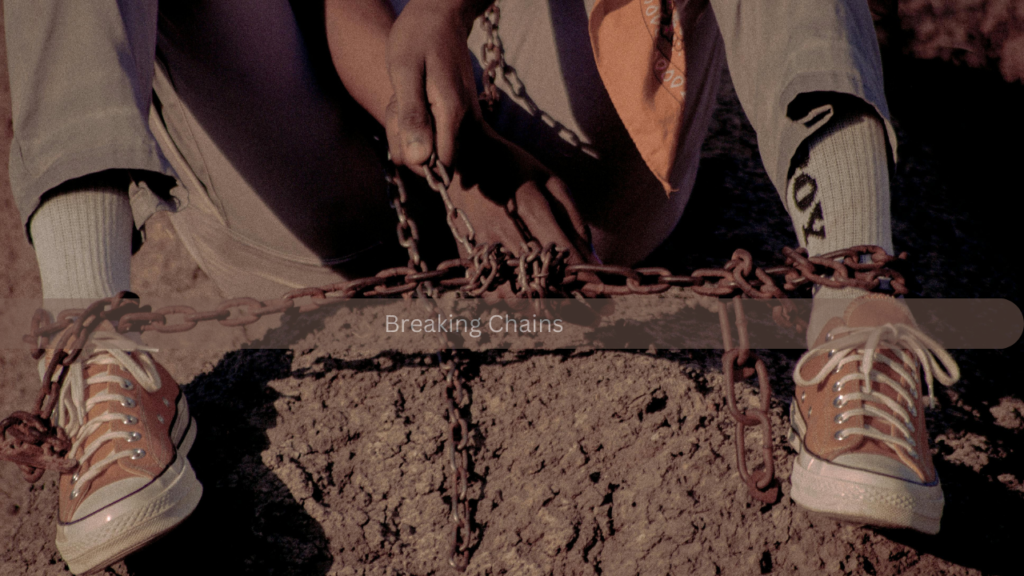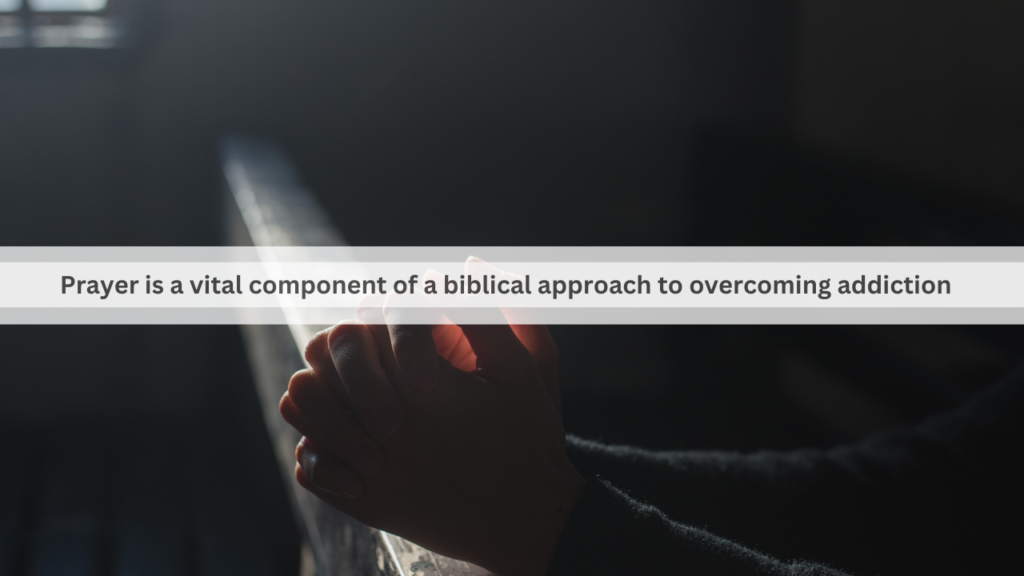
Addiction is a profound struggle that affects the mind, body, and spirit. While medical treatment, counseling, and support groups are crucial components of recovery, many people have found that prayer serves as a powerful tool in their journey toward healing. Through prayer, individuals connect with God’s grace, finding strength, peace, and renewal in their battle against addiction.
Understanding Grace in Addiction Recovery
At the heart of prayer in addiction recovery is the concept of grace. Grace is God’s unmerited favor—His unconditional love and mercy freely given to all, regardless of their past mistakes. In the Bible, 2 Corinthians 12:9 reminds us, “My grace is sufficient for you, for my power is made perfect in weakness.” This verse highlights that grace is not earned but received through faith.
Addiction often leaves people feeling unworthy or ashamed. Prayer allows individuals to confront these feelings in the presence of a loving God who forgives and restores. It serves as a reminder that recovery is not about being perfect but about relying on God’s strength to overcome weaknesses.
Prayer as a Source of Strength
One of the most challenging aspects of addiction recovery is the sense of powerlessness that often accompanies it. The Apostle Paul’s words in Philippians 4:13 offer encouragement: “I can do all things through Christ who strengthens me.” Prayer becomes a means of accessing this divine strength, especially in moments of temptation or despair.
Through prayer, individuals can seek God’s help to resist cravings, make wise choices, and persevere through difficult times. It shifts the focus from self-reliance to God-dependence, empowering individuals to trust in His plan and guidance.
Finding Peace in Prayer
Addiction often brings chaos and turmoil into a person’s life. It can disrupt relationships, finances, and mental health, leaving individuals feeling overwhelmed. Prayer provides a moment of stillness and peace in the midst of these struggles. Philippians 4:6-7 encourages believers, saying, “Do not be anxious about anything, but in every situation, by prayer and petition, with thanksgiving, present your requests to God. And the peace of God, which transcends all understanding, will guard your hearts and your minds in Christ Jesus.”
In recovery, prayer becomes a sanctuary—a place to lay burdens at God’s feet and experience His peace. It helps individuals manage stress and anxiety while fostering a sense of hope and trust in God’s timing.
Prayer as a Path to Forgiveness
For many, addiction comes with a sense of guilt or shame about past actions. Prayer facilitates the process of seeking forgiveness, both from God and from others. 1 John 1:9 reminds us, “If we confess our sins, He is faithful and just and will forgive us our sins and purify us from all unrighteousness.”
Through prayer, individuals can release feelings of guilt and begin to embrace God’s forgiveness, which is essential for emotional and spiritual healing.
Building a Foundation for Lasting Change
Prayer is not just about seeking immediate help but also about building a relationship with God that sustains lasting recovery. It fosters self-reflection, gratitude, and humility, all of which are essential qualities for overcoming addiction.
When combined with other recovery tools, such as counseling and support groups, prayer becomes a cornerstone for transformation. It serves as a reminder that healing is possible through God’s grace and that individuals are never alone in their journey.
Conclusion
Healing through grace and the power of prayer is a transformative experience for those battling addiction. By turning to God in prayer, individuals find strength, peace, and forgiveness. They experience the profound truth that grace is sufficient, even in their weakest moments, and that true recovery is possible through faith and reliance on God.








